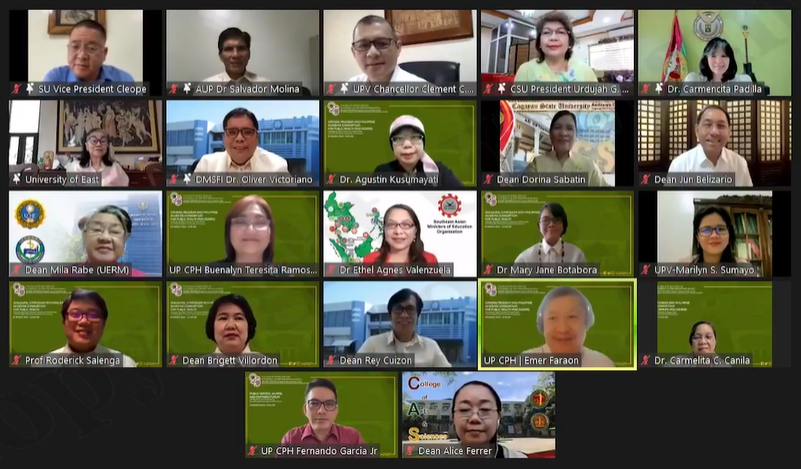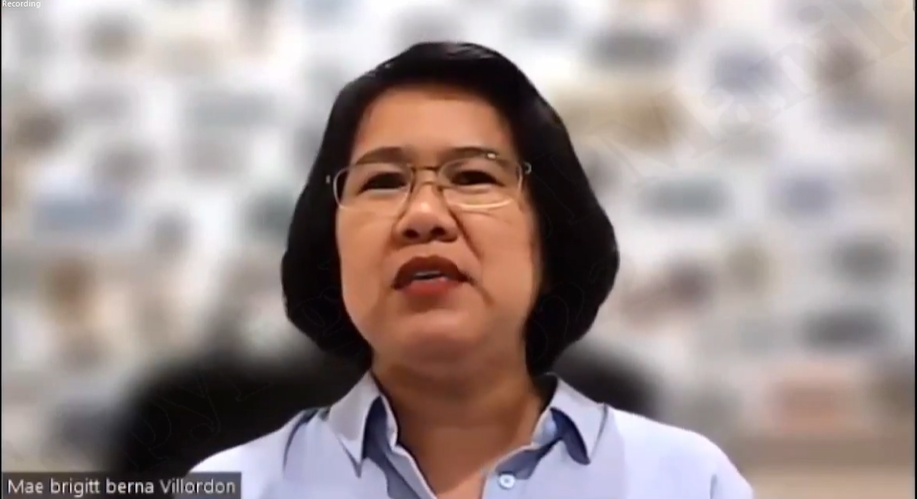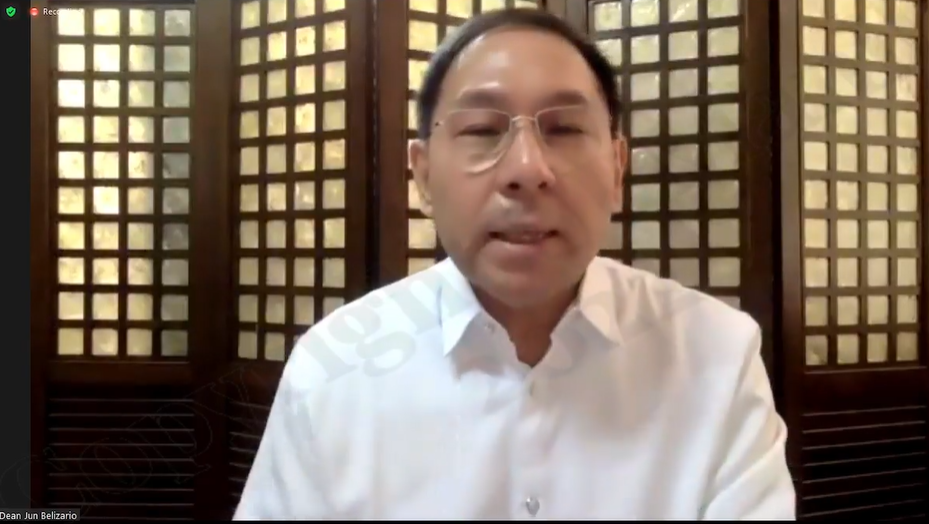
SU co-founds new academic network for public health

Representatives of the seven founding member institutions of the PACPH and members of the PACPH Technical Working Group (TWG) Committee
Silliman University (SU) joins six other academic institutions in the Philippines in founding the Philippine Academic Consortium for Public Health (PACPH), inaugurated March 9, 2022 to strengthen the public health sector through partnerships in education, research, and service.
PACPH is the first consortium of higher education institutions (HEIs) offering public health programs in the Philippines.
SU and the following HEIs comprise the seven founding member institutions of the PACPH: Adventist University of the Philippines, Cagayan State University – Andrews Campus, Davao Medical School Foundation, Inc., University of the East Ramon Magsaysay Memorial Medical Center, UP Manila, and UP Visayas.
PACPH was launched through a virtual symposium hosted by the University of the Philippines (UP) Manila College of Public Health (CPH) as part of their 95th Foundation Anniversary celebration and 57th year of being designated as the Regional Centre for Public Health, Hospital Administration, Environmental and Occupational Health (TROPMED) by the Southeast Asian Ministers of Education Organization (SEAMEO).
Partnerships for public health
Dr. Mae Brigitt Berna Villordon, SU College of Arts and Sciences dean and vice-chair of the PACPH Technical Working Group (TWG) Committee, said that PACPH was initiated by UP Manila CPH to promote quality and responsive education, public health service, and research through strong partnerships and collaborations among member institutions.
PACPH, said Villordon, was also created to meet the need for collective action among HEIs and government agencies in addressing the ongoing COVID-19 pandemic.
“We are determined to organize and reorganize ourselves through the PACPH where we come together to serve in dealing with the issues of public health through sharing of ideas, experiences, research, and education,” Villordon added.
Villordon said it is “vital” that public health organization practitioners lead in developing evidence-based policies, collaboration, and systems to strengthen public health as the pandemic “reinforced the need for access to affordable, quality health services for every Filipino” and “exposed gaps” in health systems.

Dr. Mae Brigitt Berna Villordon
Dr. Vicente Belizario, Jr., UP Manila CPH dean and PACPH TWG Committee chair, said PACH aims to be a “strong network of active partners and collaborators who can scale up quality public health education, relevant researches and public service that are at par with our ASEAN counterparts.”
Belizario emphasized the need for partnerships like the PACPH by quoting UP Manila Chancellor Carmencita D. Padilla, who said: “There is a need to harmonize capacity-building; multidisciplinary collaboration and consensus-building in order to proactively respond to the call to help address the challenges in the Philippine’s public health system. There is a need for stronger partnership of HEls in the Philippines to help address the major (public health) concerns in the Philippines.”
Concerns of HEIs
Belizario said PACPH was organized to address concerns of HEIs offering public health programs, which are on education, research, human resources for health, and policymaking.
“A network like the PACPH can assist the national government and local government units in the areas of human resource development, capacity-building focused on public health areas, epidemiology, health technology assessment, and other concerns,” said Belizario.
Based on a 2021 survey conducted by CPH and TROPMED among Philippine HEIs offering public health, Belizario said the challenges of the HEIs are “limited programs offerings especially for doctorate programs in different regions of the country; inability to meet the high demand for public health in the country; lack of public health program recognition and regulation with the CHED and PRC, respectively.”

Dr. Vicente Belizario, Jr.
Attainment of SDGs
“The PACPH can and will respond to the call for relevant research on universal healthcare and sustainable development in support of the health and social development sector,” said Belizario.
Through PACPH, Belizario said HEIs offering public health programs can “join forces” to contribute to the attainment of health-related Sustainable Development Goals (SDGs) of the United Nations.
HEIs, he added, are expected to contribute to the attainment of SDGs in the areas of teaching, training, translational research, and continuing public service to the community.
Expanding public health
Belizario said PACPH also aims to “expand” public health in the Philippines and in the Southeast Asia and Pacific region through information exchange among its members and partners, which will include the Asia Pacific Academic Consortium for Public Health (APACPH).
APACPH and the SEAMEO TROPMED Network, said Belizario, will provide the guiding frameworks for the PACPH.
During the virtual Memorandum of Agreement (MOA) signing, SU was represented by Dr. Earl Jude Paul L. Cleope, SU vice president for academic affairs.
The MOA for the establishment of PACPH states that the PACPH aims to do the following:
“promote the academic and research development in the field of public health through coordinated efforts between HEIs; to enhance collaborations among HEIs and other partners, that is government organizations, non-government organizations, funding agencies, etc.; to provide opportunities for capacity enhancement, product development, information, services, and other innovations; to ensure that competency in public health is developed and strengthened through various evidence-based innovations and other time-proven strategies.”


